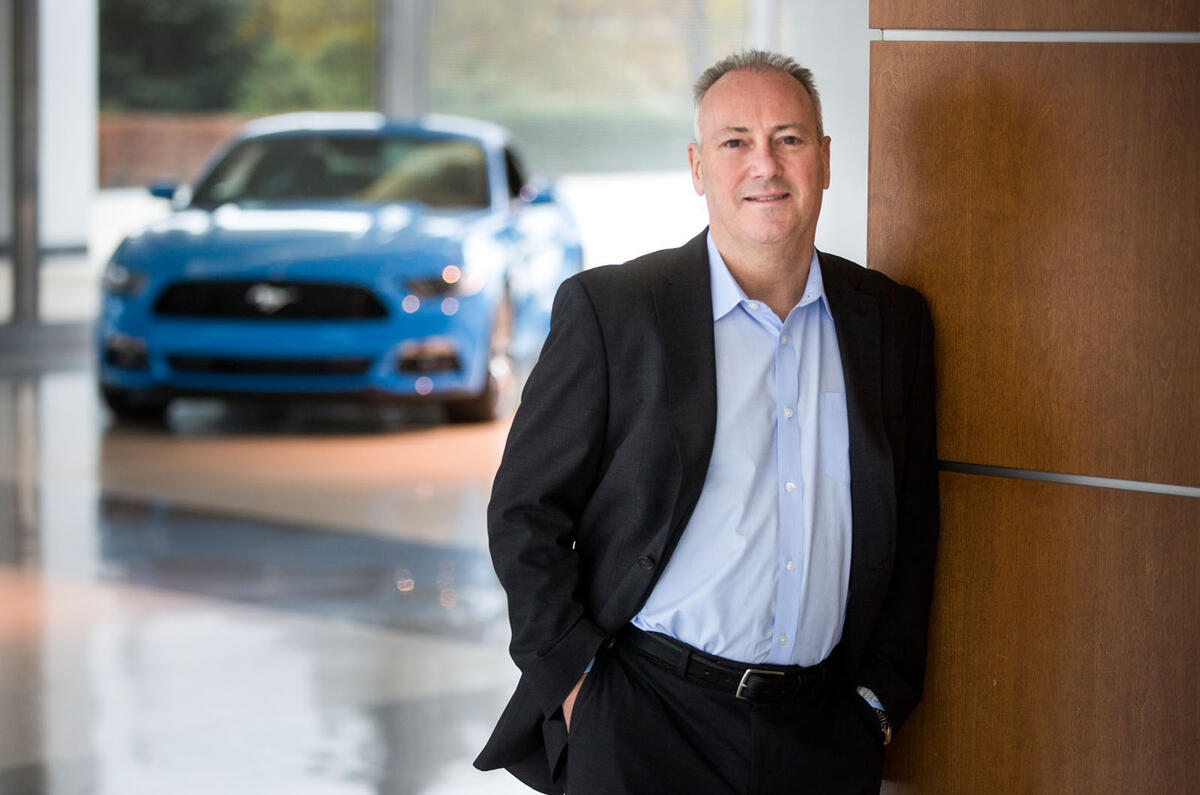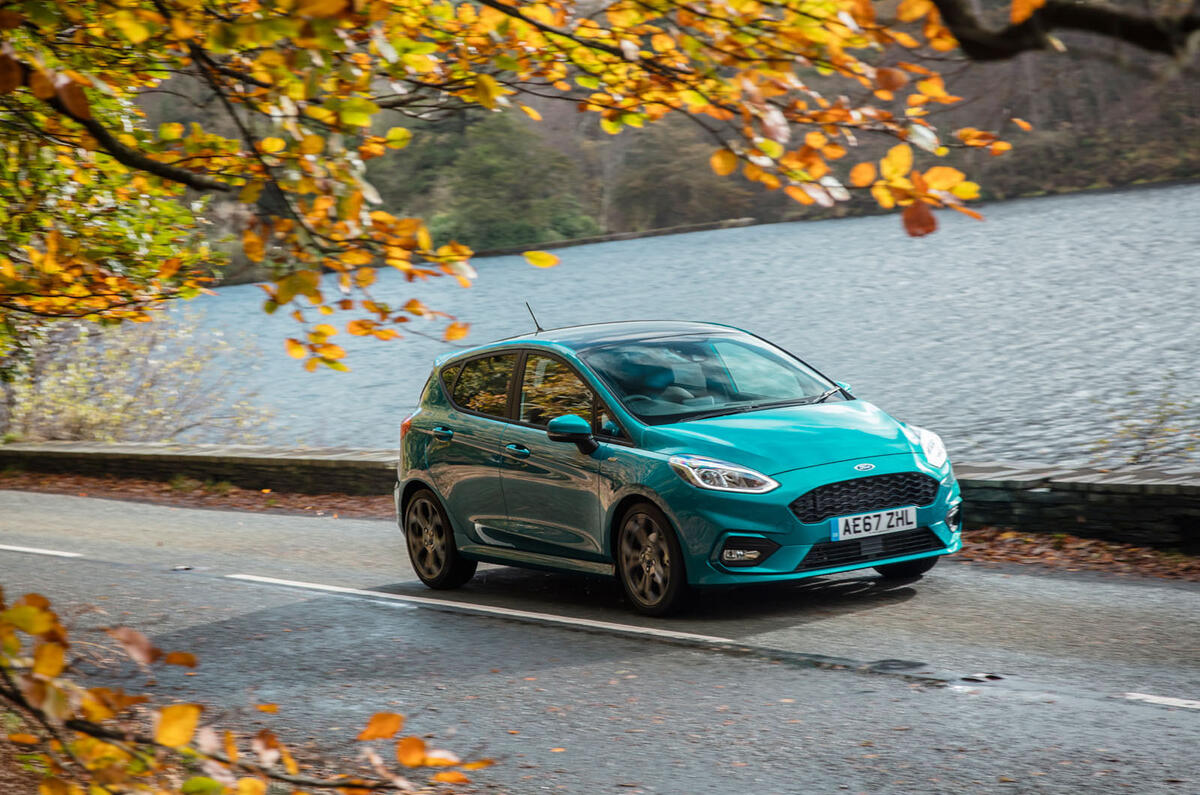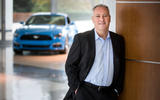Don’t doubt the long-term potential of the traditional global car giants, says Stephen Odell, Ford’s retiring executive global sales and marketing boss – even if it’s fashionable to do so in a world increasingly focused on autonomous and electrified vehicles.
The winners, Odell believes, will be the companies that pay attention to the fast-changing requirements of customers – and he numbers Ford among them. The task will be to make “frenemies” of the emerging connectivity and data companies, as people adopt and use the new transportation and mobility services. Perhaps you’d expect a top-notch Ford retiree to spread love and optimism as he departs, but Odell is special.
He’s the “tough but fair” Romford-born Brit who led the downsizing of Ford’s European business, starting in 2012, that closed two UK plants and one in Belgium, and scaled down Ford’s operations in Germany, Russia and Romania, dramatically shrinking their workforces. It may not have looked like progress at the time, but it secured the company’s future in Europe by matching capacity to demand. Now Ford “and some others” are starting to prove their suitability for the brave new world.

Staying flexible
“The realisation that we were moving into an era of accelerated change started to be evident 10 or even 15 years ago when electric cars started to get fashionable,” explains Odell, who joined Ford in 1980. “Everything was going to be electrified, we were told by the new experts. That world tended to write off the prospects of companies like ours – with share prices and investment ratings – in the belief that we were too big and too inflexible to operate in the new way. But that’s wrong. The global car companies very much will make it, and they’re starting to prove it.”




















Join the debate
Add your comment
"the man who saved Ford in Europe" Back that up then
You're kidding right. Fiesta is now a dull facelifted car from 2007, Focus gets worse with every incarnation, Mondeo - clueless, ECOSPORT- laughable, KA+ never noticed one, Kuga- there's far better out there, NO true ground-up Electric car and all prices are crazy high. 1.0 3 cylinder ground breaking but nothing since then.
Man who saved Ford Europe, Market share 1997-11.45% Market share 2016 6.94%.
It's gone down pretty much every year for 20 years, especially the last 5 years, how is that saving??
But you're right he'll be remembered for Mustang-great, NOT.
Ford still produce "small" cars in high cost Germany
Still can't understand how Ford manages to make money by producing Fiesta's in high cost Cologne?? (& Focuses in Germany too)
Probably because 70% of these vehicles are sold in the UK where they cost more than in Germany.
For Ford to make any money selling cars in the UK after Brexit & import duties they'll have to shift production to India.
Shame that Stevie had to bin all his mates in Dag'nem!!!!!!
Transits to Turkey
Yeah....that went well....